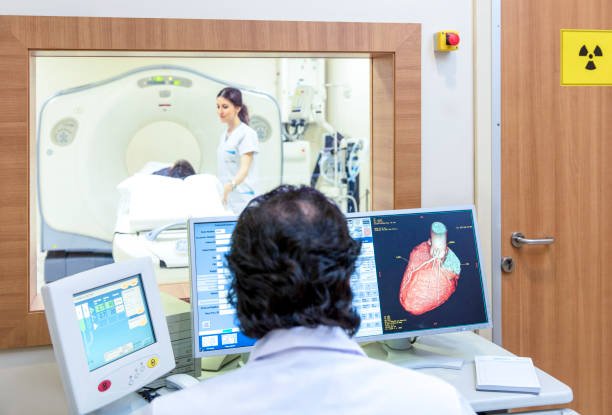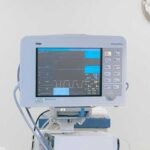
Why is There No Heart Cancer? Analysis of 3 Major Reasons Why the Heart is Less Susceptible to Cancer
We often hear about lung cancer, liver cancer, breast cancer and other cancers, but rarely hear about heart cancer. Why is this? Doesn’t the heart get cancer? We take you through why heart cancer is so rare? It further explains that although heart cancer is rare, it can develop tumors or be affected by cancer treatments.
3 reasons why the heart is less susceptible to cancer
Many organs of the human body, including the kidneys, pancreas, muscles, bones, skin and brain, etc., may be affected by cancer. However, the heart is rarely affected by cancer cells. There are three main reasons:
- Cancer cells mostly invade organs such as the esophagus, stomach, large intestine, nasopharynx or lungs that are easily irritated by foreign substances. The heart and blood vessels have a self-contained closed circulatory system, so they are not susceptible to external substances.
- The heart beats 100,000 times a day and delivers more than 7,000 liters of blood to all parts of the body. Therefore, the blood flows very fast. Even if cancer cells invade the blood system and flow to the heart, they will be flushed out immediately.
- The human body is composed of four major tissues: epithelium, connective tissue, muscle, and nerves. Cancer cells are good at invading epithelial tissue because epithelial tissue is prone to cancer and is suitable for the growth of cancer cells, such as the breast, lungs, large intestine, and pancreas. Both contain epithelial tissue; the heart is mainly composed of connective and muscle tissue. These two tissues have strong resistance and are not susceptible to cancer cells.

Heart cancer is rare, but tumors can still occur
Most cardiac tumors are primary benign tumors, which means they are not affected by other factors or diseases, or the cause is unknown. Their incidence is extremely low, and they usually occur in middle-aged people, especially women.
If a tumor develops in the heart, it will still cause common symptoms of heart disease such as palpitations, chest tightness or chest pain. Although the tumor itself is benign, if it is too large, it can still affect the contraction of the heart and lead to sudden death, or it may rupture and block blood vessels, causing a stroke; therefore , if there are signs of heart discomfort, it is recommended to seek medical examination as soon as possible.
Heart still affected by cancer treatment
Some cancer treatments, such as the chemotherapy drug cranberry, chest radiation therapy, monoclonal antibodies or specific target therapies, can reduce the heart’s pumping efficiency, increase cardiotoxicity, and increase the risk of blood clots, heart attack or heart failure. This is especially true for heart disease patients, or people with high risk factors for heart disease such as smoking, obesity, and three high risk factors. Therefore, even if the heart is not susceptible to cancer, cancer will still have a serious impact on the heart.
In addition, the heart itself is also susceptible to damage by chronic diseases such as diabetes, hypertension or kidney disease, resulting in coronary heart disease or heart failure. Therefore, in daily life, it is necessary to maintain a healthy routine, take in balanced nutrition, and undergo regular heart examinations in order to maintain good health. The heart beats long and healthy.













